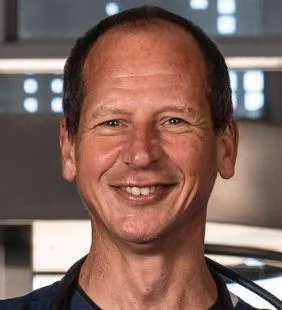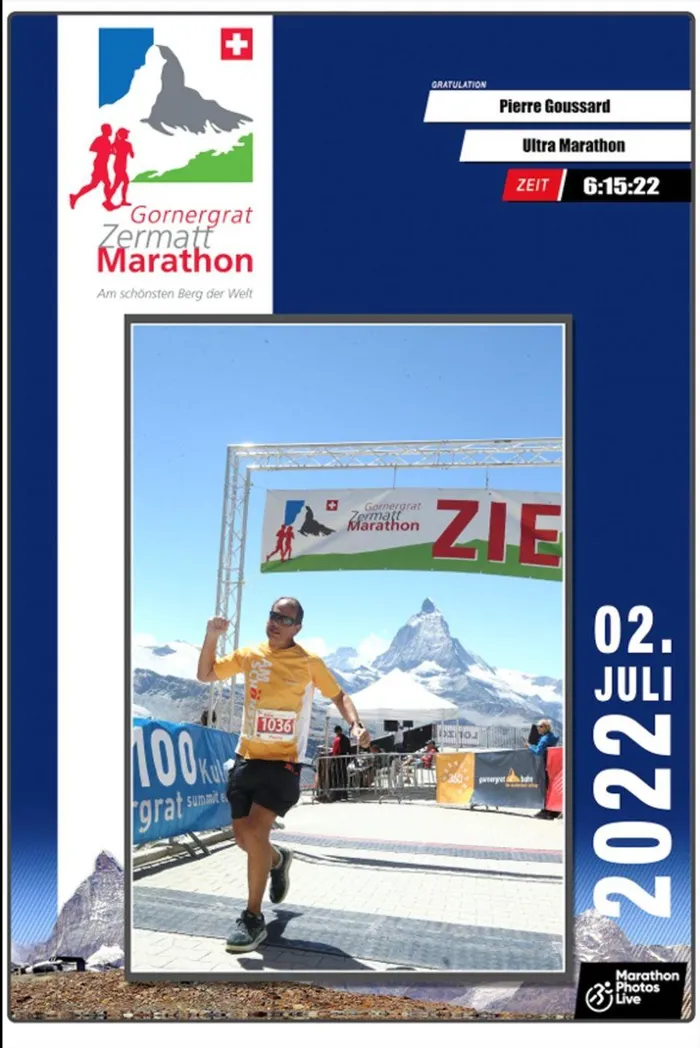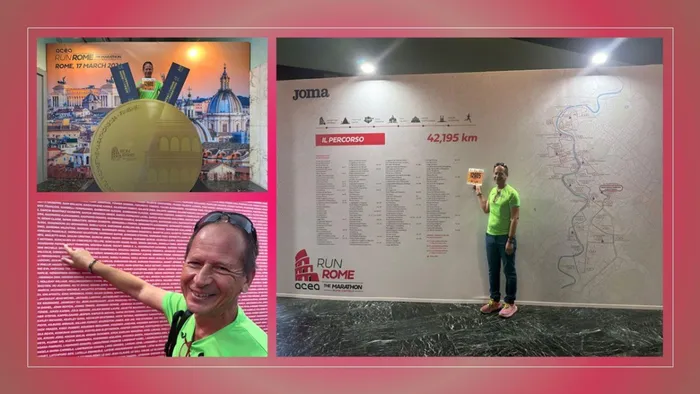Understanding foreign body aspiration: a hidden danger for children during Child Protection Month

Professor Pierre Goussard
Image: Supplied
As Child Protection Month draws to a close, South Africans are reminded that safeguarding a child is not limited to protecting them from abuse, neglect or emotional trauma. It also includes defending them against hidden yet deadly physical dangers – such as foreign body aspiration, a condition that is tragically common and often misdiagnosed.
“Foreign body aspiration is an important factor or condition to discuss during Child Protection Month. It is a condition that can cause significant morbidity and mortality. Children can die as a result of inhaling foreign bodies,” said Professor Pierre Goussard, Head of Clinical Unit: Paediatric Pulmonology and PICU at Tygerberg Hospital (TBH) and Stellenbosch University, and Chair of the Tygerberg Hospital Children Trust.
Foreign body aspiration occurs when a child accidentally inhales an object into their airway. It can happen in an instant – while eating, playing, or crawling – and is especially common in children under three. At this age, kids explore their environment by putting things in their mouths, have underdeveloped chewing abilities, and often eat while moving or playing.

Prof. Goussard completing one of his many races
Image: Supplied
Nuts, seeds, popcorn, Lego pieces, toy whistles, and lollipops are just some of the hazardous items commonly involved. The result can be immediate choking, turning blue, or struggling to breathe. In other cases, symptoms are more subtle – persistent coughing, chest infections or even signs that mimic tuberculosis.
“A typical acute history would be someone playing and then suddenly having a choking episode, turning blue, and developing respiratory symptoms,” said Goussard. “There should be significant awareness of this condition. Especially the age groups and the clinical presentations of the life-threatening event.”
He stressed the importance of prevention: supervise children while eating and playing; avoid giving small children hard foods, popcorn, or any kind of nut; keep small toy parts out of reach; cut food into small, manageable pieces.
This vital message forms part of a broader awareness and fundraising campaign led by Goussard. He is currently raising funds to purchase an Olympus bronchoscope for the Department of Paediatrics and Child Health at Tygerberg Hospital.
“The hospital acts as a referral centre for complicated cases, including diseases such as tuberculosis, HIV, complicated pneumonia, and complicated respiratory pathologies and congenital lesions.

Prof. Goussard needs your help
Image: Supplied
“Bronchoscopes are used to investigate the airways of sick very small babies and children to improve the diagnostic abilities for tuberculosis and malignancy, which are often diagnosed late. It is also used for interventional procedures.
"We teach many SA doctors, as well as those from other African countries, who are then able to assist their communities on their return home. Children from these neighbouring countries are often brought to the TBH to receive specialised medical care," he explained.
Goussard is combining his passion for paediatrics with his love of running to fundraise for this cause.
“I am an avid marathon runner, having completed 50-plus marathons, including the Paris (x4), Berlin (x2), London (x1), Rome (x3), Prague (x1) marathons, as well as the Stoos Trail (x2) and the ultra-marathon of Gornergrat Zermatt in Switzerland.
“Please support this fundraising campaign by donating for every kilometre that I will run.”
So far, he has raised 9% of his R400 000 target.
To contribute, visit his Back-a-Buddy page: https://www.givengain.com/project/pierre-goussard-raising-funds-for-stellenbosch-university-south-africa
tracy-lynn.ruiters@inl.co.za
Weekend Argus
